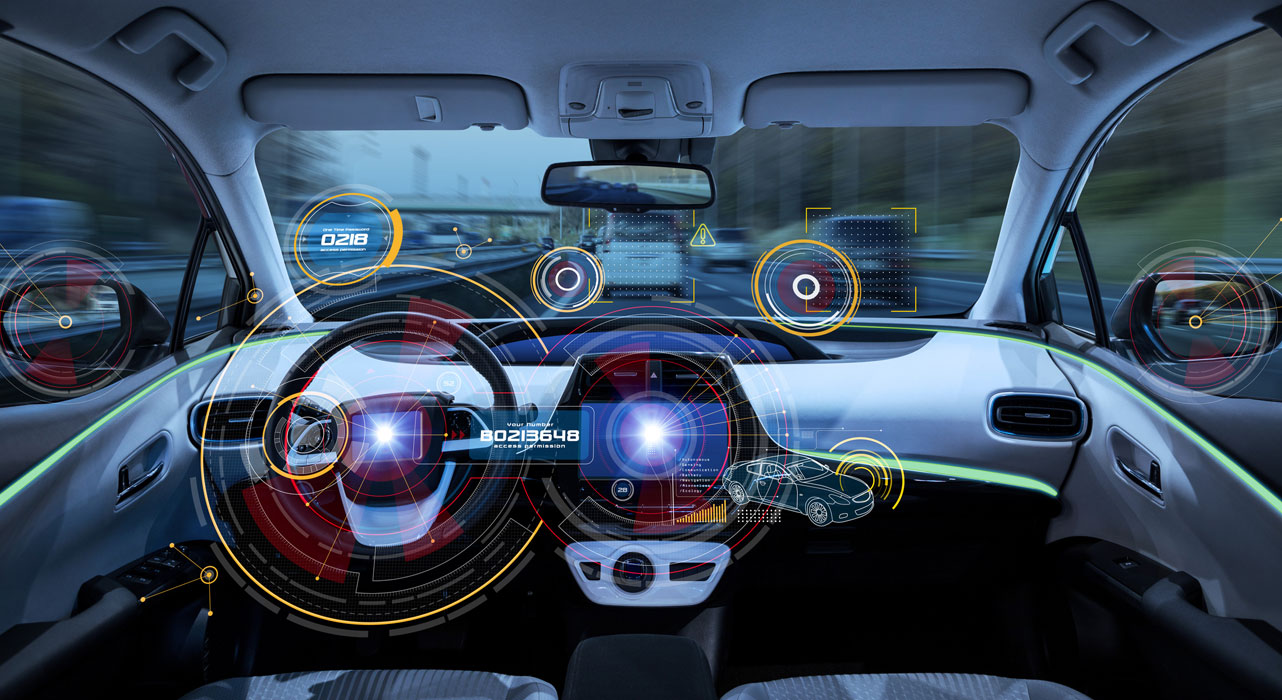Honda to Start Selling Smart Car Data


Automotive giant Honda Motor announced that it will start selling data generated by smart vehicles, joining various rivals in a new industry predicted to be worth as much as $400 billion a year.
To gather data, smart cars are geared with cameras, lasers, and electric control units, turning the vehicles into moving sensors. This new technology aims to gather a whole range of data—from driving distances and speeds to entertainment content by vehicle users.
Armed with an estimated 3.7 million vehicles-worth of date, Honda has provided data to commercial facilities and clients. It first established the business of utilizing the data in 2017. But at the time, the automaker only transferred data on a limited basis. This time, the giant will put more resources into developing clients.
According to Nikkei, Honda started providing information on driving conditions using electric boards last August 2021. This offer is about four million yen or $36,000 a month.
Honda has collaborated with Nightley, a Tokyo location data startup, to analyze driver’s behavior. The data is set to be used to identify consumer demands. The monthly subscriptions start at 200,000 yen.
Monetizing Smart Car Data
Honda Motor isn’t the only company aiming to make a profit from selling smart car data.
Toyota Motor teamed with the NTT group and developed technology that controls the flow of traffic in an area after detecting congestion. The data has since been utilized and the automaker is constructing an infrastructure based on the data.
Toyota looks to monetize the data through collaborators, including Uber Technologies. The company has already worked with Aioi Nissay Dowa Insurance to analyze smart car data and offer discounts on car insurance.
General Motors-backed start-up Wejo, operates a trading platform for connected car data. The company collects real-time data from auto companies, which it then processes in a ready-to-use format.
Otonomo also runs a similar platform where BMW, Daimler, and 14 other automakers have joined as sellers. Over a hundred buyers, including those from insurance, advertising, and local governments also use the platform. Otonomo takes a 35% cut of the sales, while the auto company collects the remaining 65%.
According to Fuji Keizai, a Tokyo-based market intelligence firm, about 80% of all autos sold worldwide in 2035 will be connected vehicles, amounting to 94.2 million vehicles a year.
Driving data is predicted to be worth $400 billion in 2030, including additional revenues from services, sales of data, and cost reduction, according to a report by New York business consultancy McKinsey & Co.
Because mobility and smart car technologies are continuously evolving at a speed, the monetization of smart car data is set to make steady progress along with it. Auto companies continue to develop more advanced technologies to enhance the way data is collected.
However, this new industry of smart car data gather may leave connected cars susceptible to threats and cyber attacks. Smart car enterprises must create a future-proof road map to secure connected cars.
To learn more about existing connected car threat vectors and how enterprises can further secure connected vehicles, check out Trend Micro’s forward-looking white paper, Identifying Cybersecurity Focus Areas in Connected Cars Based on WP.29 UN R155 Attack Vectors and Beyond.
Read More HERE



